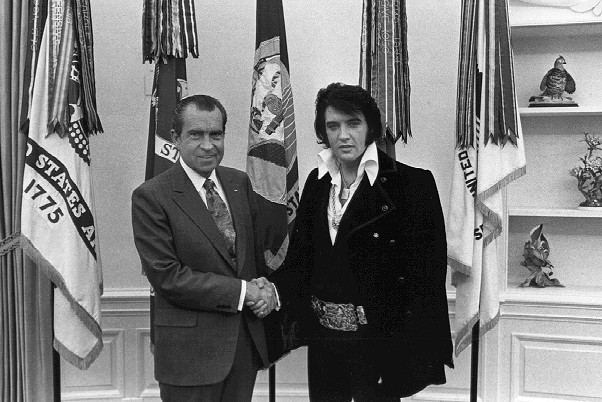Physicist: 0.0035% or about 1 in 28,500.
The most recent, complete information I could find is the 2000 American census. There they have the number of people of a particular age sorted into five year blocks, so I assumed a “step function” for the age distribution (which isn’t terrible). Also, for the 85+ block, it turns out that 80 year olds live to 90 on average, so I figure the average number of days people live in the 85+ block is more or less the same as the others.
This qualifies as a “useless statistic”. It’s fairly wrong world wide, quite wrong when you consider the people you work with (probably), even more wrong at a high school graduation, and really wrong in a maternity ward. Even worse, it changes from year to year (well… decade to decade).
But it does line up well with the approximately 28,600 day average human life span (which is actually a little surprising).








Funny that you would pick (randomly), two people, one born on Jan 8 and one on Jan 9. What are the odds of that?
The question is badly phrased. From what population are you picking? If you ask the question of people randomly chosen ‘from anyone in the world’, then the odds are higher for certain days as more people tend to be born in August in India, for example. src: http://www.indianpediatrics.net/march-306-312.htm.
What does ‘year’ or ‘agr’, as in 80 or 90 have to do with anything? The question asked ‘born on the same day’.
The question gets more interesting if you ask about a smaller, random population. Assume there are 40 random people at a party. What are the odds of there being two people there that having the same birth day? Interestingly, if you ask 40 people if they share a birthday, the odds someone will answer ‘we do’ is not 40/365 or 11%, but closer to 90%. This is called the ‘birthday paradox’.
The question isn’t badly phrased. It asks actual day, not birthday, and the answer uses a step-function approximate, so age and year clearly matters. It also doesn’t care which day/month/year that those two people’s day of birth collides, so even if they’re more or less likely to have both been born on 08/15/1976 or any other day, it is lumped into the final number (0.0035%) as all days are taken into account.
The “birthday paradox” is (IMO) mathematically a simpler question than the one dealt with here.
A friend is a Blackjack dealer in Las Vegas. He recently dealt himself a 8 card hand totalling 18. He claims that this is the first time in 40 years he has been dealing that he has seen this occur. He wants to know the probability.
Can you help ? I was able to compute the total number of possible 8 card combinations, but not the subset that totals 18.
A slightly different question would be what is the chance that two people will be born in the same year which is 1/365.25 squared which is 16/2134521 please correct me if I’m wrong.